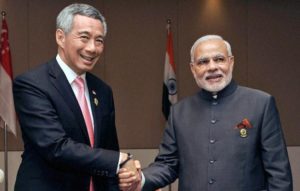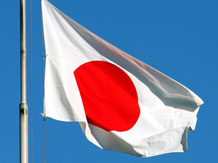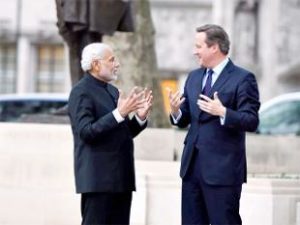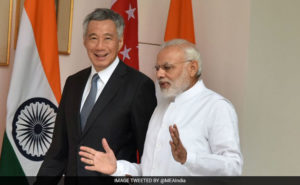 After almost five decades of having diplomatic ties, India and Singapore will become strategic partners for the first time on Monday.
After almost five decades of having diplomatic ties, India and Singapore will become strategic partners for the first time on Monday.
The partnership will encompass all aspects of bilateral ties from expansion of defence cooperation, enhancement of trade and investment and strengthening of regional relationship with the Association of Southeast Asian Nations (ASEAN).
The decision to sign the Strategic Partnership Agreement with Singapore was taken in August 2014 based on a ‘5S Plank’. Since then both Prime Minister Narendra Modi and Singapore Prime Minister Lee Hsien Loong have been continuously discussing the contours of such a pact as they planned to take their relationship beyond just business and trade.
“It is crucial to have such a pact with Singapore considering its strategic location. Not only will it enhance India’s ‘Look East’ policy, but it will also give India a greater voice in the ASEAN region at large,” an official told BusinessLine.
This is also done keeping in mind the increasing presence of China in that region and the escalation of dispute in the South China Sea region, the official added.
As a result, Modi’s visit to Singapore assumes importance. The pact will be signed with both leaders having a summit-level dialogue where all issues are expected to be discussed, with a special focus on India’s overall strategy in the Indian Ocean region.
“Singapore is an integral part of our Look East Policy and it was announced from there by our former Prime Minister Narasimha Rao. Singapore remains one of our important defence exporters. Besides, they have been trying to act as a bridge between India and China and all these is linked to the entire Indian Ocean strategy that India is now working on,” highlighted Sanjaya Baru, Director for Geo-economics and Strategy, at the London-based International Institute of Strategic Studies (IISS).
Recently, at a meeting of the Fourth Joint Commission, which was co-chaired by External Affairs Minister Sushma Swaraj and her Singaporean counterpart Vivian Balakrishnan, issues such as maritime cooperation, trade ties and cyber security were discussed. While in Singapore, Modi is also expected to deliver the prestigious ‘Singapore Lecture’ at the Institute of South East Asian Studies.
Singapore has emerged as the second largest source of FDI amounting to $35.9 billion as of June 2015, which is 14 per cent of India’s total FDI inflow. India also has a Comprehensive Economic Cooperation Agreement with Singapore with bilateral trade reaching $17.1 billion in 2014-15.





